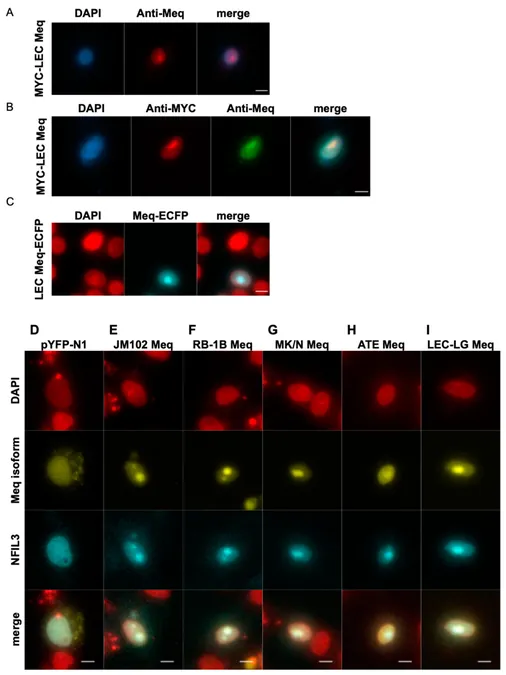
Breakthrough Discovery: Genetic Mutations Unveiled Behind Marek's Disease in Chickens!
2025-03-27
Author: Michael
Introduction
In an alarming update for poultry farmers, researchers have identified genetic mutations linked to Marek's disease, a highly contagious viral infection wreaking havoc among chickens. This disease can lead to severe health issues such as tumor growth, paralysis, and death, with infected chickens shedding the virus through their skin, enabling it to persist in the environment for many years—even decades!
History of Vaccination
To combat this devastating illness, vaccination has been a key strategy. Since the 1970s, American poultry producers have relied on a herpesvirus of turkeys (HVT) vaccine to curb the impact of Marek's disease. While this vaccine has proven effective, evolving strains of the virus have raised concerns as they replicate faster and induce tumors more quickly. Mark Parcells, a molecular virology professor at the University of Delaware, has remarked on the pressing need for enhanced vaccine strategies as super strains emerge.
In the U.S., the approach to vaccination evolved by combining the HVT vaccine with another one during the mid-1980s. By the 1990s, another vaccine widely used in Europe was licensed in America to address growing concerns about breakthrough infections. However, the situation is far more dire in Nigeria, where Marek's disease has been a significant issue since the 1960s and has drastically worsened since the 1980s along with the expansion of the poultry industry, resulting in substantial economic repercussions.
Concerns Over Virus Evolution
Parcells and his team, including doctoral student Joseph Patria, are worried that the virus may continue to adapt, potentially outsmarting vaccination efforts. "There's an urgent need for ongoing vaccine research, as the landscape can change rapidly," Patria emphasized.
Recent Research Findings
Recent research published in the journal *Viruses* offers striking insights into the genetic variations of the Marek's disease virus. The study highlighted that outbreaks in Nigeria were linked to specific mutations in a viral gene known as meq, which has implications for vaccine resistance. This research is crucial not only for Nigeria but also for the Delmarva Peninsula—a vital hub for poultry production in the United States.
The collaboration began back in 2012 when Parcells met Nigerian veterinarian Luka Jwander, who reported devastating losses in laying hens to Marek's disease. Following the partnership, the team obtained special permits to import samples from Nigeria and analyzed them for the virulent meq gene. Their findings revealed that mutations within this critical gene correlate closely with the virus's virulence.
Impact of Vaccination Practices
By examining both American and European vaccine impacts on virus strains, researchers uncovered alarming data: certain vaccination practices may inadvertently accelerate the virus's evolution. In Nigeria, flocks were vaccinated with a strong European vaccine only to be revaccinated with a weaker U.S. vaccine later, creating a scenario where the virus might trick the immune response, enabling it to flourish.
Broader Implications of the Research
The implications of this research reach far beyond just controlling Marek's disease in chickens. Parcells and his colleagues have drawn parallels to human viral infections, highlighting the importance of understanding vaccine impacts and driving mutations. Their work could potentially inform strategies for addressing human health issues linked to vaccines, including hepatitis B and human papillomavirus.
Conclusion
As poultry farmers navigate the challenges posed by Marek's disease, the urgency for advanced vaccine research remains high. "Understanding these mutations enables us to tailor our vaccination strategies," said Parcells, urging vigilance in vaccination practices. With ongoing research, insights from this work could pave the way for more robust defenses against not just Marek's disease, but viral threats across species.
This groundbreaking research highlights the interconnectedness of animal health and human health, presenting a vital opportunity for future advancements in disease control and prevention strategies. Farmers and researchers alike are waiting eagerly to see how these developments unfold in the battle against Marek's disease.









 Brasil (PT)
Brasil (PT)
 Canada (EN)
Canada (EN)
 Chile (ES)
Chile (ES)
 Česko (CS)
Česko (CS)
 대한민국 (KO)
대한민국 (KO)
 España (ES)
España (ES)
 France (FR)
France (FR)
 Hong Kong (EN)
Hong Kong (EN)
 Italia (IT)
Italia (IT)
 日本 (JA)
日本 (JA)
 Magyarország (HU)
Magyarország (HU)
 Norge (NO)
Norge (NO)
 Polska (PL)
Polska (PL)
 Schweiz (DE)
Schweiz (DE)
 Singapore (EN)
Singapore (EN)
 Sverige (SV)
Sverige (SV)
 Suomi (FI)
Suomi (FI)
 Türkiye (TR)
Türkiye (TR)
 الإمارات العربية المتحدة (AR)
الإمارات العربية المتحدة (AR)